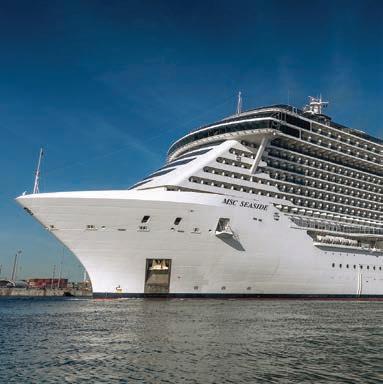in life but may manifest at any time. The FDA reports that about 800,000 surgical inguinal hernia repairs occur in the United States each year.44 Adult males more often have a direct inguinal hernia, which happens due to a weakening of the muscular wall. The incidence increases in males over age 40 and may affect 25 percent of males and 2 percent of females.45 Risk factors are being male, lifting heavy objects and straining such as with chronic coughing or overcoming constipation. Most inguinal hernias appear as a painless swelling or bulge in the groin that may occur gradually or suddenly after heavy lifting. In the beginning it may be reversible when the affected person reclines, or it may be reduced with light manual pressure. With time, however, it becomes larger and does not reduce easily. The occurrence of pain and tenderness requires urgent evaluation. When the hernia cannot be reduced at all, it is incarcerated (trapped) and requires surgical repair. If the intestines in the hernia get twisted, a painful emergency condition called strangulation occurs. The blood flow to the intestine gets interrupted, and the affected part of the intestine will die due to lack of oxygen if not corrected within hours. The patient will develop inflammation and infection, which can be fatal if not treated.
AST H MA Asthma is an inflammatory disorder of the airways that results in the production of excess mucus, spasms in the smooth muscle tissue of the bronchial tubes and reduced airflow in the lungs. Many of the same cells responsible for allergic reactions come into play during an asthmatic episode. An asthma attack can be triggered by smoke, dust or various allergens that may be more abundant in certain environments where you plan to travel. It is advisable to consider airquality factors before making travel plans, especially if your asthma is severe. An asthma attack may begin with the onset of wheezing, difficulty breathing and a cough. The use of inhaled corticosteroids may be beneficial as a
107





























